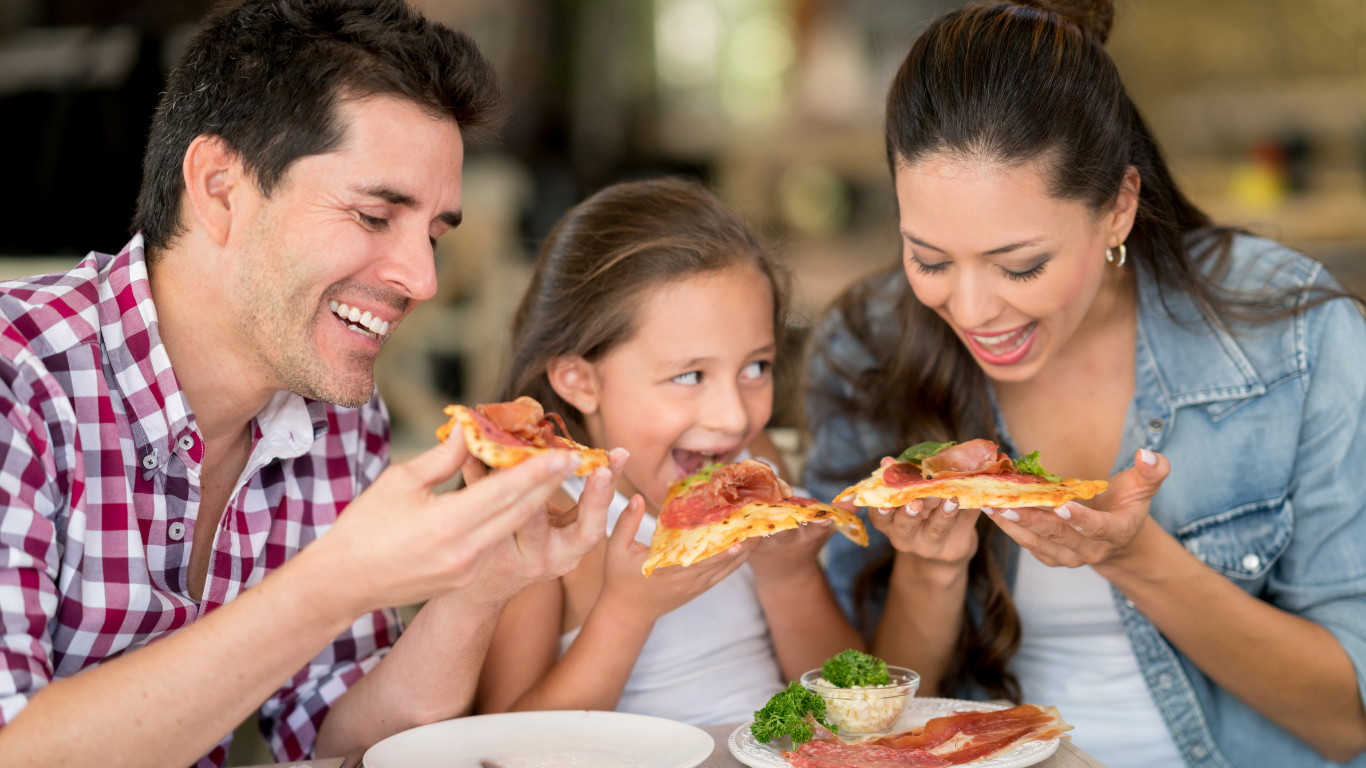Pack Those Snacks With Protein
May 25, 2023
At the heart of Parenting With Psychology is the concept of integrating principles from psychology into parenting to help you and your children have more fulfilling interactions on a daily basis. Today’s topic is snacks. Consistency (see The 5 C’s to Amazing Parenting) is essential to the topic of snacks, just as we’ve talked about how consistency is vital to the topic of sleep (see Master Your Child’s Bedtime Routine and Is Your Child’s Room Conducive With Sleep?). But there’s another psychology concept I want to introduce today. Read on if you’re wondering how a psychology principle exists on the topic of snacks.
I’ll begin with a reminder that kids are rapidly growing, super fast metabolizing creatures who need to be fed often. Young children need three meals a day and at least two snacks. Snacks are typically around 9 am and 3 pm, depending on their nap schedule and what time your family eats their meals. You probably know that meals should include protein, fruits, vegetables, whole grains, and sometimes dairy. Snacks should also be well-rounded.
Images can help teach kids this concept of a balanced meal. For example, here’s what a healthy meal might look like for a child who eats solid foods without food sensitivities.

A friend once talked about how her son’s mood tended to dip in the afternoon. As we started chatting about snacks, it turned out she was not regularly providing protein at snack time because that seemed like something you save for mealtime. She was worried he might not be hungry at dinner if he ate protein at snack time. For adults, that might be fine – have an apple in the afternoon to tide you over until dinner. Young kids, however, need that protein boost mid-morning and in the afternoon. Peanut butter, eggs, cheese, nuts, beef jerky, etc., can help your little one stay happy and healthy.
It does take time each day to put together five protein-packed dining experiences for your kids but trust me, the improvement in mood, both your child’s and yours in turn, is worth it. Try adding more protein to your snack routine and see how it helps your family. Pretty soon, the kids can manage snack time independently and start helping with more and more meal preparation. Get them trained early, knowing that all their meals should involve protein, fruits, vegetables, and whole grains, and they’ll have a lifelong habit of healthy eating to look forward to.
Ok, now where’s the psychology? This post has been a brief, tangible introduction to Developmental Psychology, the study of how and why humans change throughout their lives. Remember earlier when I mentioned that children have rapid metabolisms? That’s a characteristic that changes or develops over a lifetime. Understanding these changes can help us raise happy and healthy kids. In this example, understanding the metabolic needs of growing children leads to feeding them more protein and, consequently, having kids with healthier bodies and more stable moods.
Future posts will touch on topics from developmental psychology, such as understanding developmental stages to help parents have realistic expectations for their children. Here I introduce the overarching concept that children are not just little adults. Children have different thinking styles, behavioral patterns, nutritional needs, emotional experiences, notions of time, etc. Our goal as parents is to help them mature so that one day all of these facets of human life are more consistent with ours as adults, but this happens in baby steps. For now, they’ll need those extra snacks from when they start eating solids until later in elementary school.
Packing snacks with protein falls under the Consistency category in my 5 C’s parenting framework (see The 5 C’s to Amazing Parenting). To view more posts in this category, use the category search menu on the right of your screen. Keep up the good work on your amazing parenting journey!

P.S. For more food-related tips, check out the useful advice presented in my free download How to Make Dining Out With Your Children Enjoyable!
You can also check out my Treasures - Dining Out page for some great ideas of small activities you can carry with you to make the restaurant experience more enjoyable.




